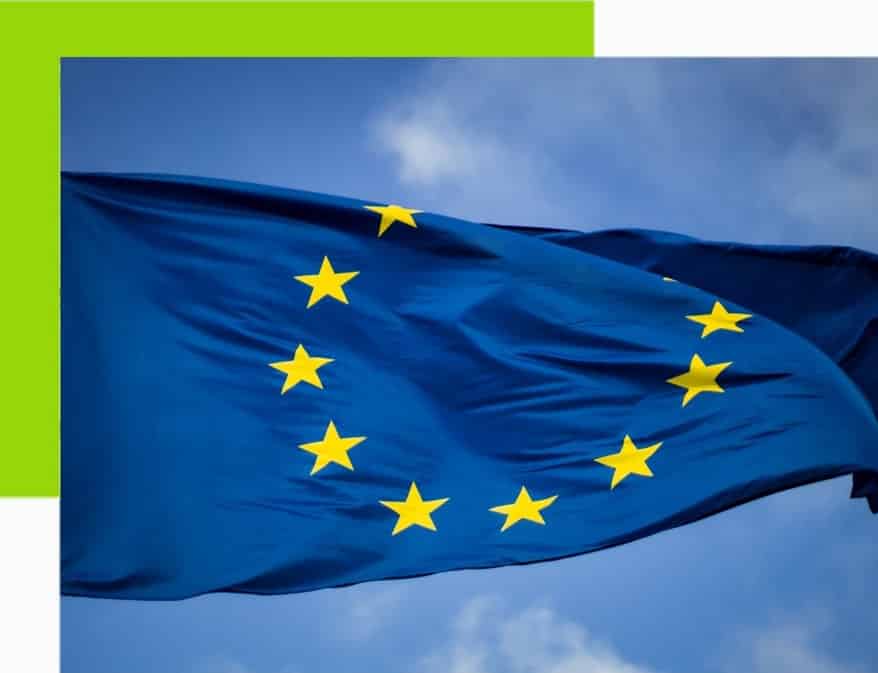Consequences on the cosmetics industry’s compliance status in the European-Union
“In 2023, controls will continue, both on the “nanomaterials” aspect and on other regulated substances, particularly in other suncare products, including those containing chemical filters. The effectiveness of the measures requested in 2021 and 2022 will be monitored.”
Announced in December 2022 through a press release, this decision states on several aspects of cosmetic products. As a result, cosmetic brands, ingredient manufacturers and retailers/distributors should check their compliance status in order to avoid any legal risk during this 2023 cosmetics inspection campaign in France, even if the DGCCRF is more cooperative than punitive.
1) How can cosmetic companies handle the 2023 cosmetics inspection campaign in France ?
The DGCCRF is part of the French Ministry of Economy. Its main purpose is to ensure the application of consumer law by companies, which is why the cosmetics industry is partly controlled by this official body.
Even if 2023 will witness an increase in cosmetics inspections, the DGCCRF has always been the competent authority in terms of inspection for customer protection. As such, an inspection can be triggered if a company produces cosmetics of high interest, if France decides to do random checks or if a complaint/report/alert has been filed by a customer. The Responsible Person handles this type of complex procedure, which is why you should choose the right partner to take on that role.
The 2023 DGCCRF cosmetics inspection campaign will be more frequent than before and will focus on:
- The PIF
- Newly banned and regulated substances
- Claims, including a focus on “sensitive skin” and “hypoallergenic”
- Environmental claims (AGEC law and EU law)
- Nanomaterials and solar products
The last 3 points will be detailed in the part 2 of this article.
2) Cosmetics inspection campaign in France focuses on the PIF
The PIF is the most important element of the EU/UK compliance process. It contains finished product and raw materials documents, testing, additional documentation, the CPSR, and can only be signed by a recognised toxicologist. If you need a reminder, we invite you to check this article.
In the scope of the 2023 cosmetics inspection campaign in France, labelling anomalies, the quality of the PIF and its content will be checked. The worst-case scenario is of course the complete absence of PIF or CPSR, and if you have doubts on these elements, we encourage you to contact our team as soon as possible.
3) Newly banned and regulated substances in the European Union
As a regulatory consultant, we are doing a thorough legal watch in the EU and around the world. The EU is regularly banning or restricting substances contained in cosmetics, and catching up can be tricky and time-consuming. However, it is not an excuse to put yourself in a non-compliance situation, and the DGCCRF will verify that beauty brands are respecting the latest changes, especially substances found in haircare products, non-rinse products and products for cleaning the skin sold in bazaars and sales.
Any idea of the latest banned or regulated substances? Here are some examples:
4) How can BIORIUS help cosmetic brands to comply with France and European Union regulations?
On top of taking care of the formula review, the PIF (including the CPSR), the label review and CPNP/SCPN notifications, we are a careful EU/UK Responsible Person taking legal watch very seriously. We never had any compliance issue so far, while we are the first aware of any change of regulation. We always inform our clients, and even are calculating impact assessments as a Responsible Person.
For specific regulatory questions, you also have the possibility to beneficiate of our experts’ knowledge through our consultancy service.
Do you need information on the 2023 cosmetics inspection campaign in France? Read the second part of this article which will precise the campaign’s main focuses.
Contact us
For more information, do not hesitate to contact your CRM (Customer Relationship Manager), if you are already a Biorius’ client or to contact us at info@biorius.com.

